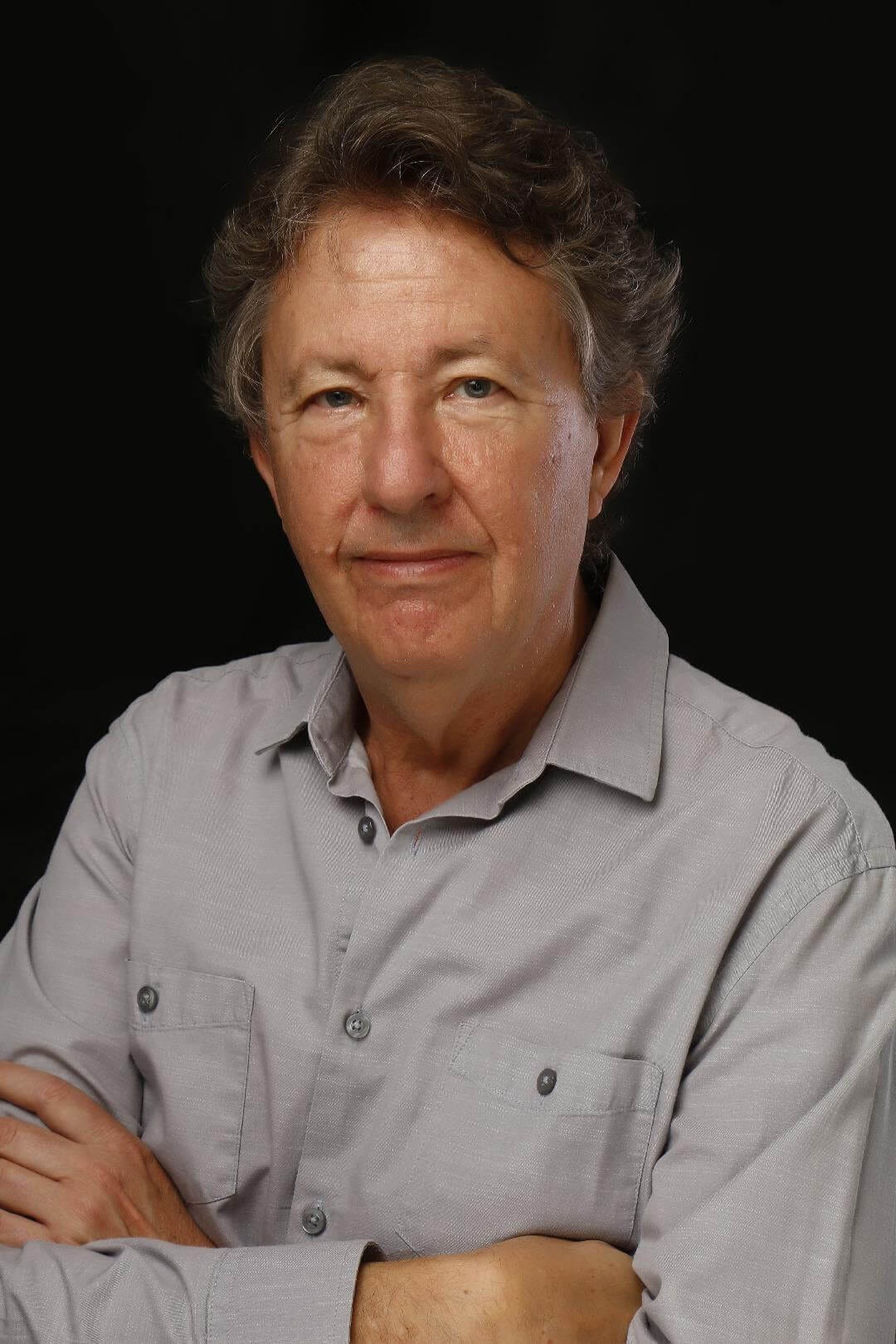
It was while first reading Jewish theologian Marc Ellis’ writing that we realized the waters of the prophetic ran much deeper than we had first thought.
We excitedly tore through several of his books on the prophetic in anticipation of our Lost Prophets interview with Marc, back in January. When we connected, he seemed a little frail but still ardent and eloquent. (He told us he got a kick out of the title of our podcast.) Near the end of our almost two-hour exchange, he offhandedly mentioned his health struggles. We traded a couple of emails in the weeks following and then saw the notices that Marc had died on June 8th.
The prophetic was surely the great theme of Marc’s work, beginning in 1974, when an encounter with Dorothy Day in Tallahassee convinced him to spend a year living at the main Catholic Worker house in New York. He next moved to graduate school at Marquette University in Milwaukee. For his thesis he chose to write on the co-founder of the Catholic Worker movement, Peter Maurin. Marc was also affiliated for a time with the Maryknoll School of Theology, a home of liberation theology, where he said he discovered the prophetic.
Amidst the catastrophic 20th century, Marc claimed to see a revival of prophecy in figures such as Martin Luther King, Simone Weil, Gandhi, Albert Camus, and others. “It should not surprise us that a century so dark has also given birth to men and women who have had prophetic thoughts and lived prophetic lives,” he wrote. “And so in the century of the dead the question of the prophet is reborn.”
He was struck by the way prophetic figures typically become exiles in their own communities, as Marc himself had done, due to his uncompromising belief that Jewish liberation had to include Palestinian liberation.
In addition to his biography of Peter Maurin, he wrote one of the few books proposing a Jewish liberation theology, with introductions by Gustavo Gutierrez and Desmond Tutu. He wrote several books on Israel and Palestine, as well as essays on notable Jewish thinkers (Wiesel, Buber, Heschel, Arendt, Levinas), Holocaust theology, and the wonderful interfaith reflections in Revolutionary Forgiveness.
Some takeaways from our conversation:
The prophets do not celebrate progress, despite the way modernity itself has become a religion, enabled partly by the old religions. Everything we enjoy in modernity has a dark side.
The Catholic Worker experience: spending a year among the poor and their spirituality. “There was something beautiful about it which became foundational in my life.”
Prophets become closer to each other across traditions than they are to many within their own traditions. The ecumenism of our times is not one of faith and dogma but rather of solidarity. None of us can make it alone or in our particular communities. We have a different community—the prophetic diaspora.
The New Diaspora of exiles worldwide—the Catholic Worker house in New York had posters of Gandhi, Buber, etc.
Simone Weil—”she was a one-off.” Her idea of the new saintliness, which both connected to the old traditions while abandoning parts of them. She insisted on the freedom to think and to act. A practical mystic—something like Bob Dylan, the itinerant Jewish prophet (and fan of Marc Ellis’ work!).
It’s difficult to define the prophetic—it’s a kind of mystical encounter. The prophetic is set apart but we don’t know how or why that happens. It comes from somewhere else.
And it’s not just political. The prophetic is the embodiment of the possibility, the gamble, of meaning (and God) in history and in our lives. You can see it, feel it—as in the aura several witnesses have asserted MLK possessed.
The prophetic is a perilous vocation—your own community probably can’t protect you. There’s no reward, even from God. There is, in Marc’s words, a “solitude and a solidarity” in this way of living.
Timestamps
01:30 We introduce Ellis as a Jewish theologian who deeply studied prophecy, noting this was one of their last conversations with him.
02:45 How we discovered Ellis's work while researching prophetic figures.
03:40 We consider how the mid-20th century reawakened prophetic thinking in response to modernity's challenges and failures.
07:35 About Ellis's early background, from his Orthodox Jewish upbringing to his time at Florida State University.
19:30 Ellis’s concept of a "prophetic diaspora" and how prophets often become exiles from their traditions.
22:50 Ellis's writings on how mass death in the 20th century led to a revival of prophetic thinking
30:55 How people like Dorothy Day and Martin Buber found themselves closer to prophetic figures of other faiths than to their own traditions. Prophecy as the “wild card” in the deck—we never know when it will turn up. The “hidden circle” of prophets, the “light gatherers.”
43:30 Guest Marc Ellis joins the discussion, sharing his personal journey discovering the prophetic as indigenous to Jewish tradition and his encounters with Holocaust theologian Richard Rubenstein (“Where is God? We need power”). The promise of modernity amidst the growing “nation of the dead.” The “new diaspora” of prophets.
52:00 Ellis reflects on how the major religions became enablers of modernity, even as they became more traditional in some respects. His time at Maryknoll and his discovery of liberation theology. Meeting Daniel Berrigan in 1974. The impossibility of defining the prophetic, a kind of unpredictable mystical encounter. A story about why Martin Luther King Jr. had an “aura” that set him apart, as do all prophets. The prophetic is about the possibility of meaning in history—“it’s a gamble”. And “a perilous vocation.” Simone Weil—a “one-off” and a mystic “in practical terms like Bob Dylan.”
1:03:45 Ellis's encounter with Bob Dylan. His year at the Catholic Worker with the elderly Dorothy Day. Two deeply opposed views of the Holocaust and the U.S. Holocaust Museum (Richard Rubenstein vs. Elie Wiesel).
1:11:20 Ellis’s understanding of "covenantal vocation" and the heritage of prophecy in Judaism.
1:21:28 The nature of "Revolutionary Forgiveness" and its role in Israeli-Palestinian relations. After many centuries, the Christian embrace of Jewish history.
1:26:00 Ellis's thoughts on the future of prophetic movements and why prophets shouldn't focus too much on outcomes. Despite the famous song’s Christian hope, he suggests “We’re not going to overcome.”
1:31:30 Ellis’s new book “First Light” about his friendship with Edward Said, as well as his current practice of daily journaling and painting during wartime.
1:35:00 The "Ice Age" which has come over prophetic thinking in recent decades. Theologians no longer write and speak to power in the same way they once did.
1:38:38 Ellis’ final reflections on why he continues his work preserving the prophetic tradition, despite its difficulties as a frightening kind of vocational misadventure. He concludes with thoughts on the difference between Christian and Jewish views of prophecy and hope.
Further reading:
A Year at the Catholic Worker: A Spiritual Journey among the Poor (2000), Marc H. Ellis
Revolutionary Forgiveness: Essays on Judaism, Christianity and the Future of Religious Life (2000), Marc H. Ellis
Toward a Jewish Theology of Liberation (2007), Marc H. Ellis
Encountering the Jewish Future: with Wiesel, Buber, Heschel, Arendt and Levinas (2011), Marc H. Ellis
Future of the Prophetic: Israel’s Ancient Wisdom Re-presented (2014), Marc H. Ellis
A Palestinian Theology of Liberation (1989), Naim Stifan Ateek
First Light: Encountering Edward Said and the Late-Style Jewish Prophetic in the New Diaspora (2023), Marc H. Ellis



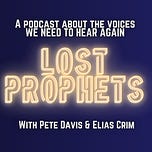




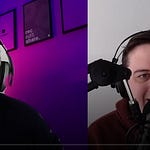

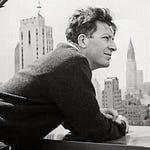
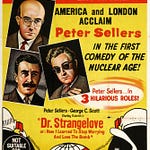

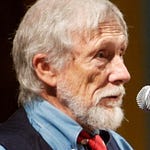
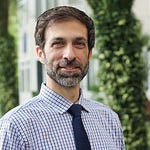
Share this post